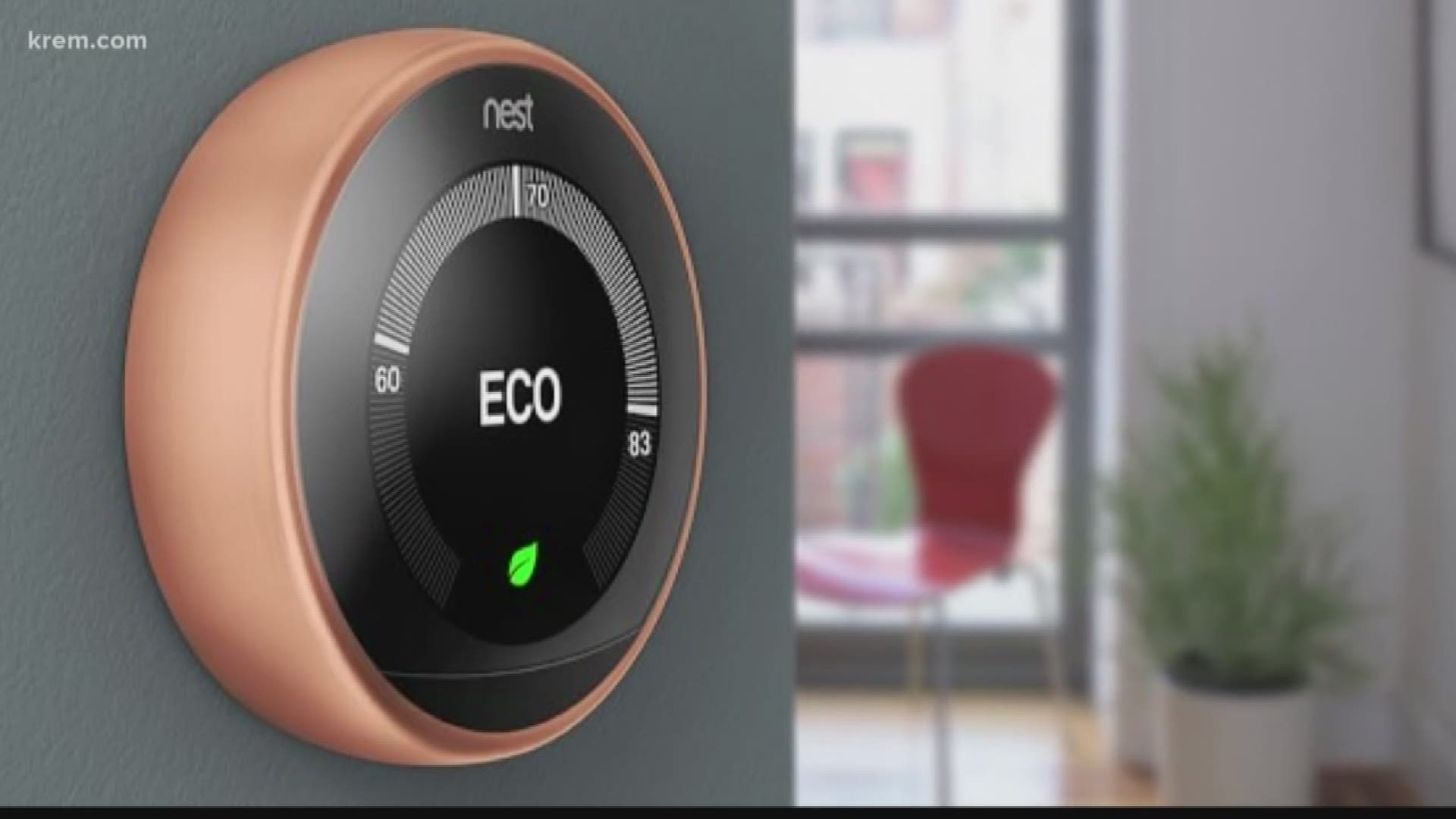SPOKANE, Wash. — As dangerously cold temperatures head to the Inland Northwest, many households are cranking up the heat in an attempt to keep themselves warm. Because of this, some residents' heating bills have likely spiked.
According to Avista, heating can account for up to 60% of monthly energy costs, which is why bills take a jump during the winter.
The average U.S. household spends about $2,200 annually on energy bills, according to Avista. The three categories of energy consumption that take the most energy are heating and cooling, water heating and appliances.
An electric water heater can be the second most expensive appliance in a household, depending on how much it is used.
Even if you've purchased appliances that cost more to operate, Avista said there are multiple ways you can cut costs on your heating bills this winter.
Here are some tips for saving money during the arctic cold blast:
Invest in a gas heater
An electric water heater can be the second most expensive appliance in a household, depending on how much it is used.
A gas heater will likely cost more upfront, but Avista said it will save you more money in the long run.
Although it typically draws much lower wattage than a central A/C unit, an electric water heater can be the second most expensive house appliance. While a gas water heater may cost more upfront, it’s more economical to run.
Follow furnace heating tips
Be sure to check your furnace filters at least once a month. It's important to clean or replace them when they are dirty to allow hot air to flow through the filter.
Rather than using a heater, you can open your curtains on sunny winter days to allow the sun to shine through the windows, which will warm the room.
Keep your thermostat at or below 68° F
Keeping your thermostat between 65-68° F can lower your power bill by as much as 10%.
However, make sure you are not setting the thermostat too low, as this can lead to frozen pipes. You can learn more about how to avoid frozen pipes here.
Apply for an energy rebate
Avista offers rebates for qualified installations of energy-efficient equipment in Washington homes.
The installation must be completed by a licensed contractor, with the exception of smart thermostats. Avista has added multifamily and small homes rebates for windows, insulation, and baseboard thermostats for 2021.
If you own a space heater, you could be eligible for a rebate of up to $450.
To learn more, click here.

